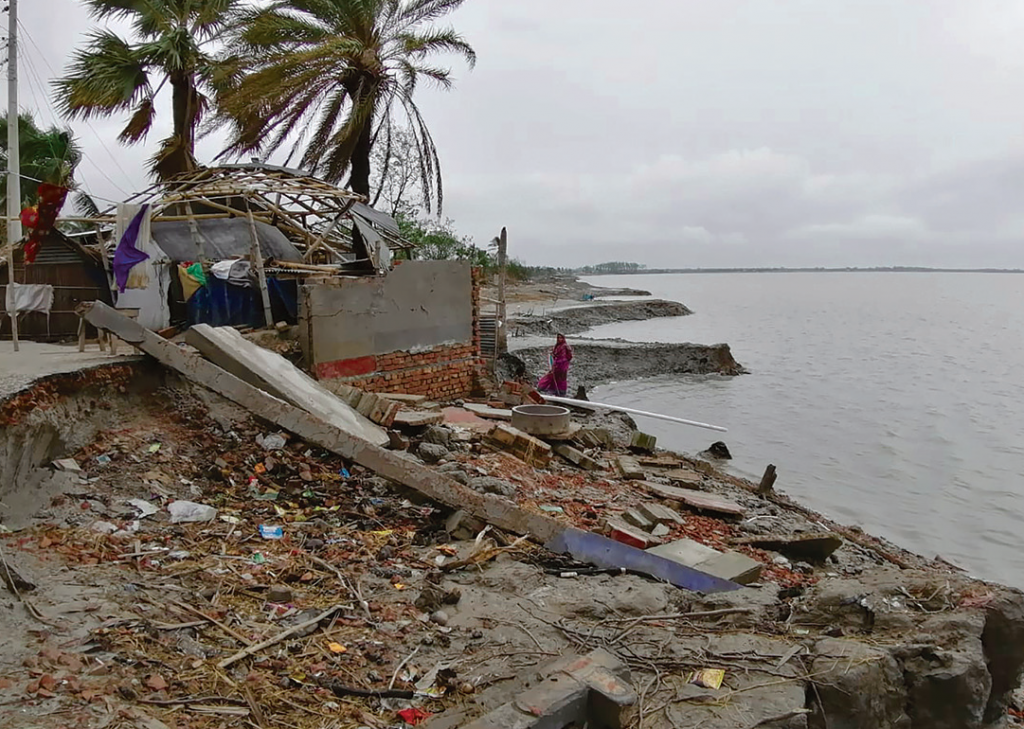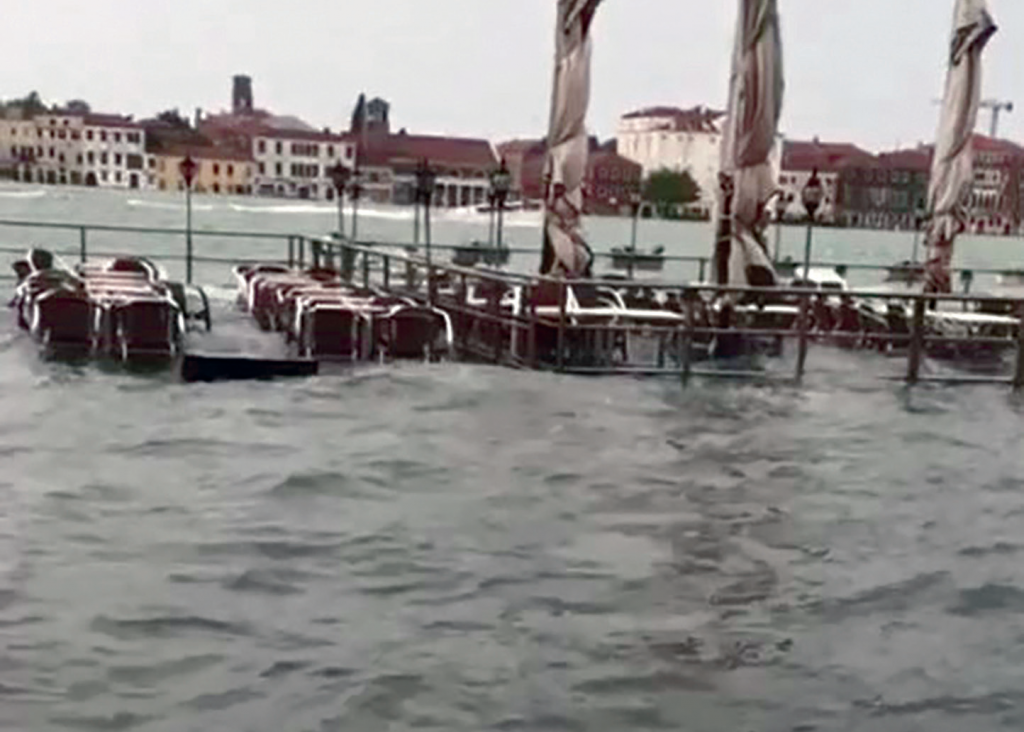I first became aware of the presence of climate refugees from Bangladesh in Venice, Italy, through a remark, Amitav Ghosh made in his book “The Great Derangement: Climate Change and the Unthinkable” from 2016. There the Indian-US-American novelist notes that Bengali was the second most heard langauge in Venice, due to the many merchants and shop clerks originally from Bangladesh and other Indian regions.
Why Venice? Ghosh suspects that “coastal people” seek refuge in other coastal towns, making the lagoon city Venice a preferable destination for Bangladeshis in Europe. While this seems like a convincing argument, and makes for a poetic story within the overall climate narrative of his book, I am a bit skeptical of this observation. While it is certainly true that the Bangladeshi community ranges among the ten largest migrant communities in Italy – with numbers anywhere between 146.000 and 400.000 – I have not found any indication that Bangladeshis were more likely to settle in Venice than other major cities like Rome or Milan. Venice has a long history of migration and currently an estimated 15% migrant citizens. Whether Ghosh’s observation is accurate or not, it is clear that the inhabitants of both places, Bangladesh and Venice, have a shared history and possibly understanding and knowledge of floodings.

The Oral History project “Vanishing Homelands”, that was realized by journalist and documentary film maker George Kurian, migration acitvist Hasna Hena Mamataz and architect Marco Moretto for the 17. Biennale di Venezia, brings the two communities together: native Venetians and migrated Bangladeshis. I find the project to be a great example of comparative urbanism and a very fine piece of climate journalism. The three authors practice the same approach, I am pursuing with this project: to connect communities challenged by climate change in different parts of the globe through shared experiences and biographical and cultural backgrounds. I am very thankful to their work, as it shows quite lively, how – to use George Kurian’s words – we can try to “meet each other respectfully as equals, and how can we interact meaningfully, to find values for survival?”

Their text focuses on biographical reports and the immediate experience of flooding, economic hardship and flight, omiting any furtherer analysis or speculation, how this shared experience can create political solidarity and emancipation. This seems like the natural next step, to formulate a supra-national alliance of front line communities like the Bangladeshi and the Venetians based on and building on journalistic work like the one by Kurian, Mamataz and Moretto.
The full text of Vanishing Homelands is available here. All images are from the text.